Dog Breed
Shiba Inu
Friendliness
Exercise Needs
Health Issues
Barking Tendencies
Grooming Needs
Shedding Level
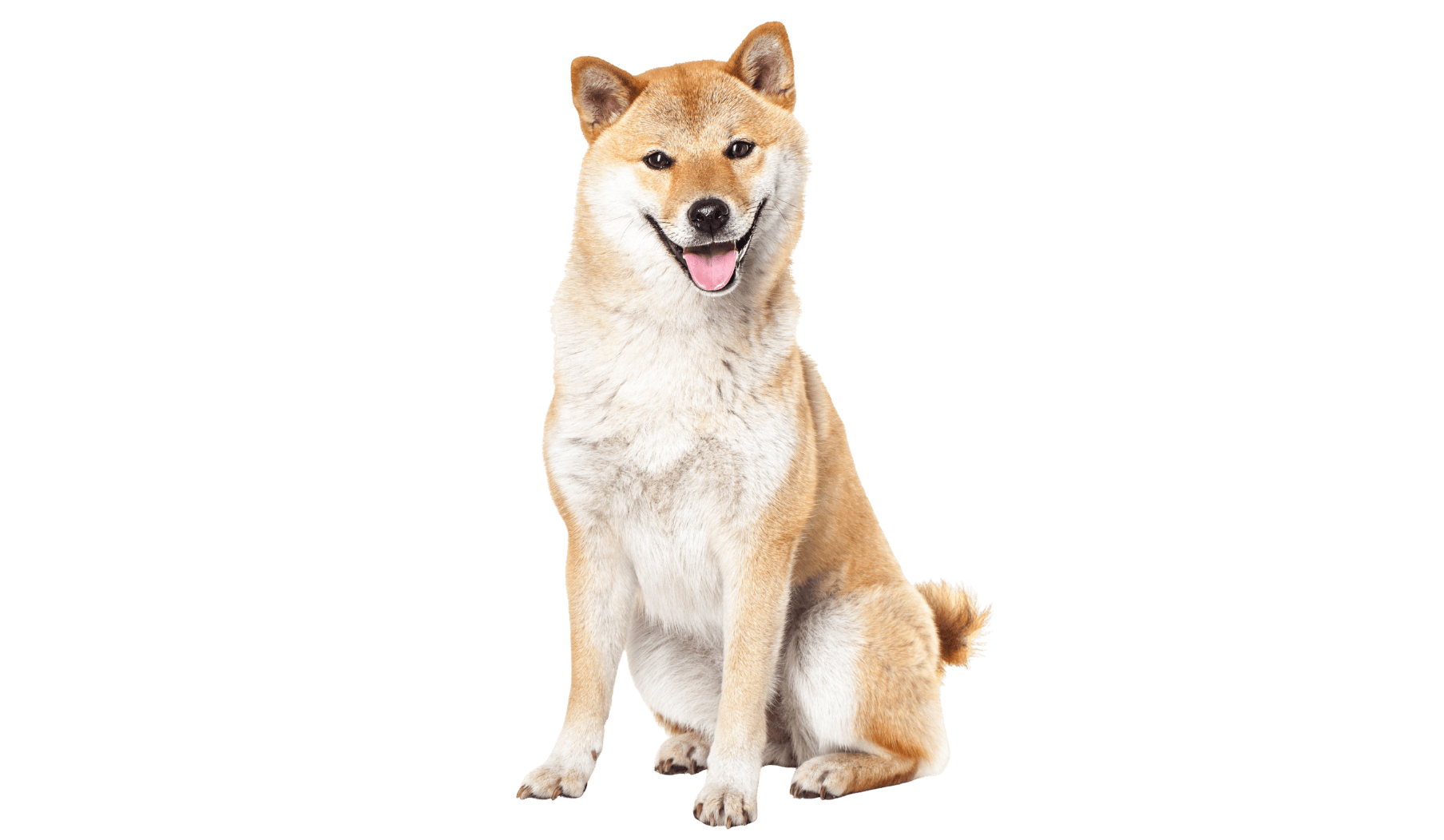

Independent icon
Compact, confident, and full of personality, Shiba Inus are known for their fox-like looks and independent nature. They tend to be loyal to their people while remaining reserved with strangers, often preferring to observe rather than seek attention.
Shibas are intelligent and alert, but they’re not overly affectionate dogs. Best suited to confident, experienced owners, they thrive with structure, consistency, and respect for their boundaries.
Caring for your Shiba Inu
Nutrition
Choosing the right food
Every dog is unique. From small companions to large, active breeds with different nutritional needs. ROYAL CANIN® Size Health Nutrition is designed to support dogs based on their size and life stage, helping maintain overall health, vitality and wellbeing. These formulas use carefully selected protein sources, targeted nutrients and tailored kibble to support digestion, energy levels, and bone and joint health across small, medium and large dogs.
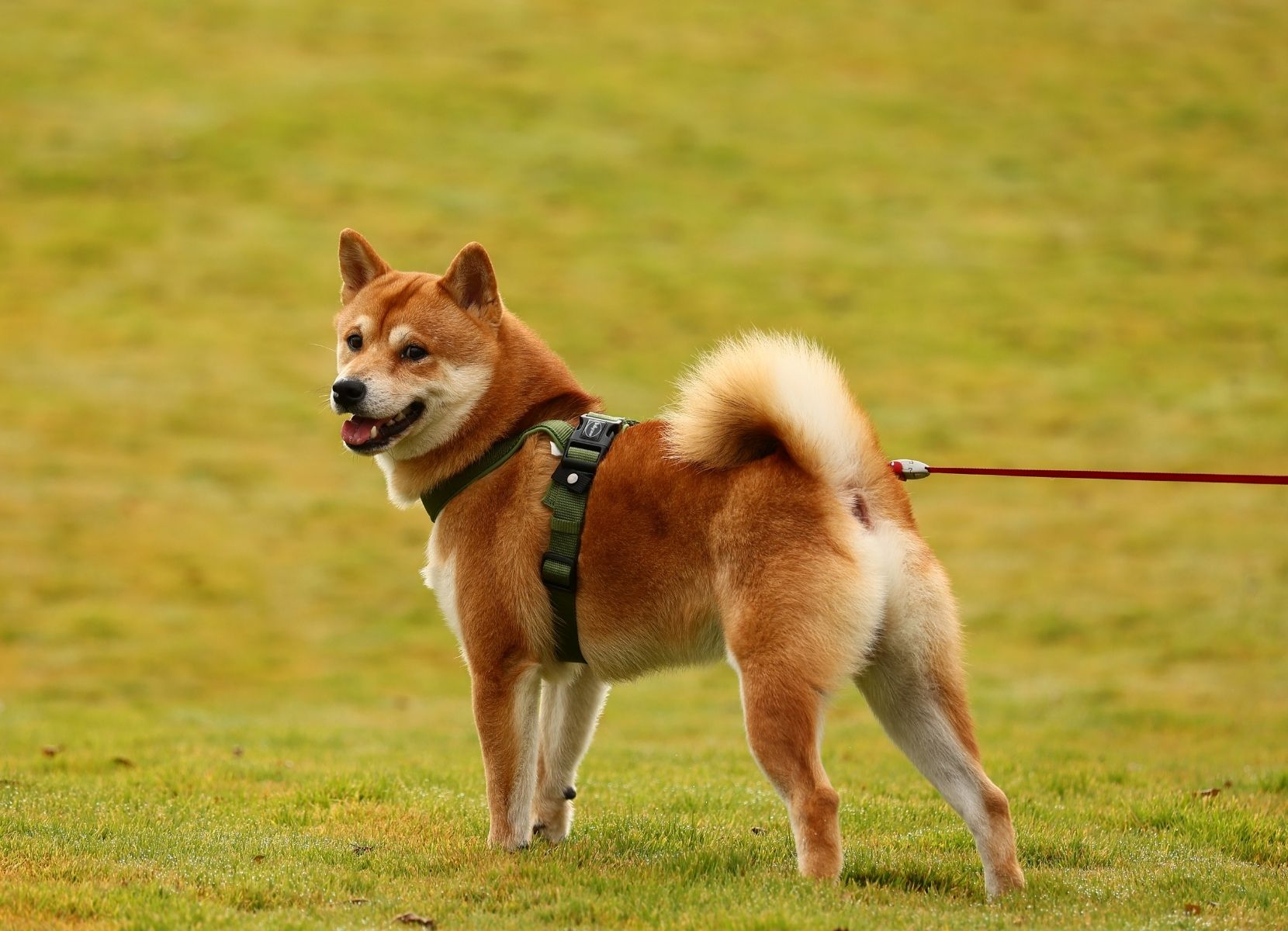
Exercising your dog
Shiba Inus are active and athletic dogs that need daily exercise to stay balanced and content. While their exercise needs aren’t extreme, regular walks and playtime are essential.
They enjoy exploring their surroundings and showing off their agility, especially in secure, enclosed spaces. Outdoor toys and interactive play help keep them mentally engaged.
Shibas should always be exercised on a lead unless in a fully fenced area. Their strong prey drive means they’re quick to chase and difficult to recall once distracted.
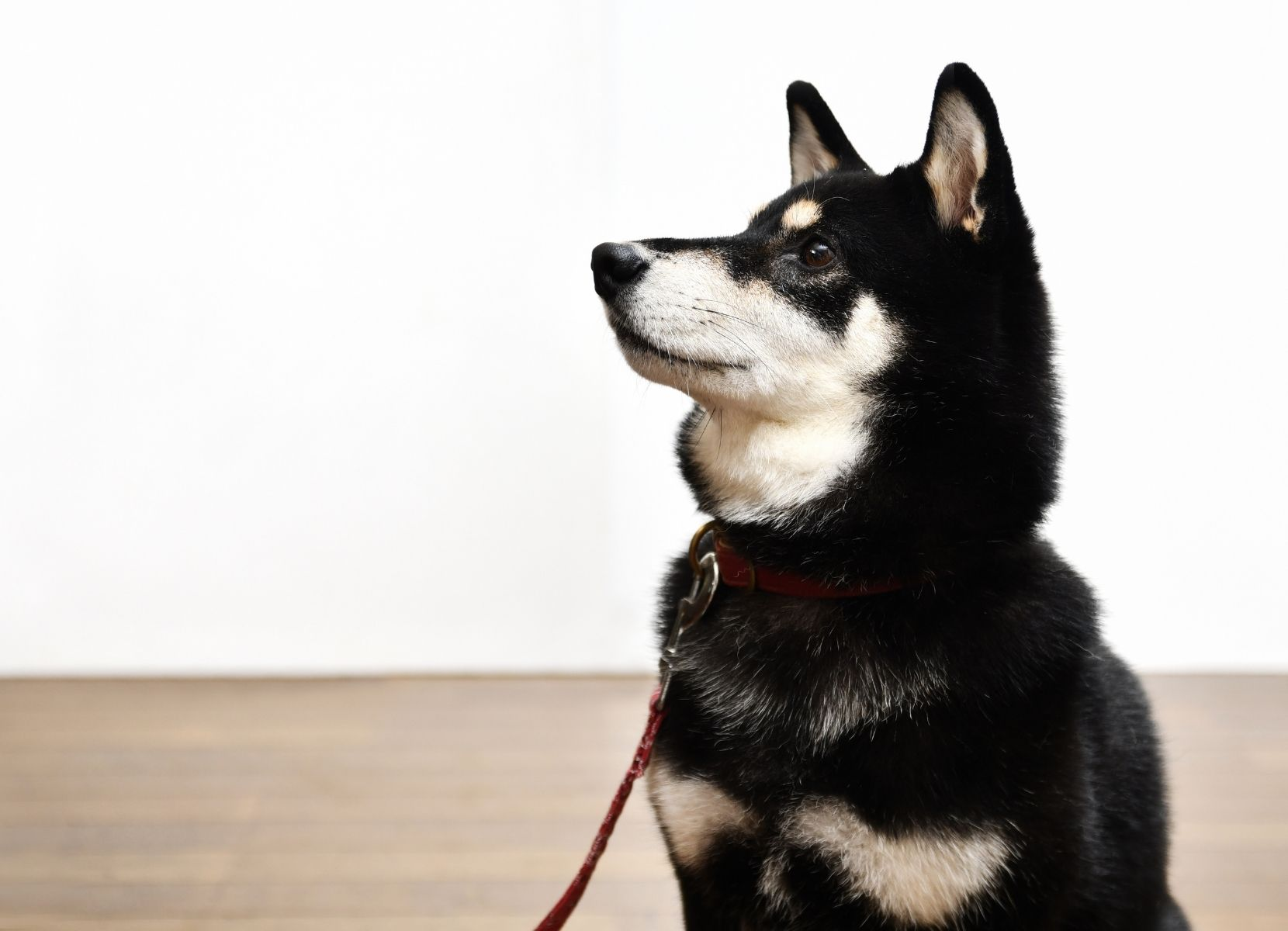
Training your Shiba Inu
Training a Shiba Inu requires patience and consistency. Intelligent but independent, they’re known for deciding whether a command is worth following.
Early socialisation is important to help them feel confident around new people, pets, and environments. Positive experiences early on make a big difference.
Positive reinforcement works best, using rewards and calm guidance rather than force. Some owners benefit from working with a professional trainer, especially if they’re new to the breed.
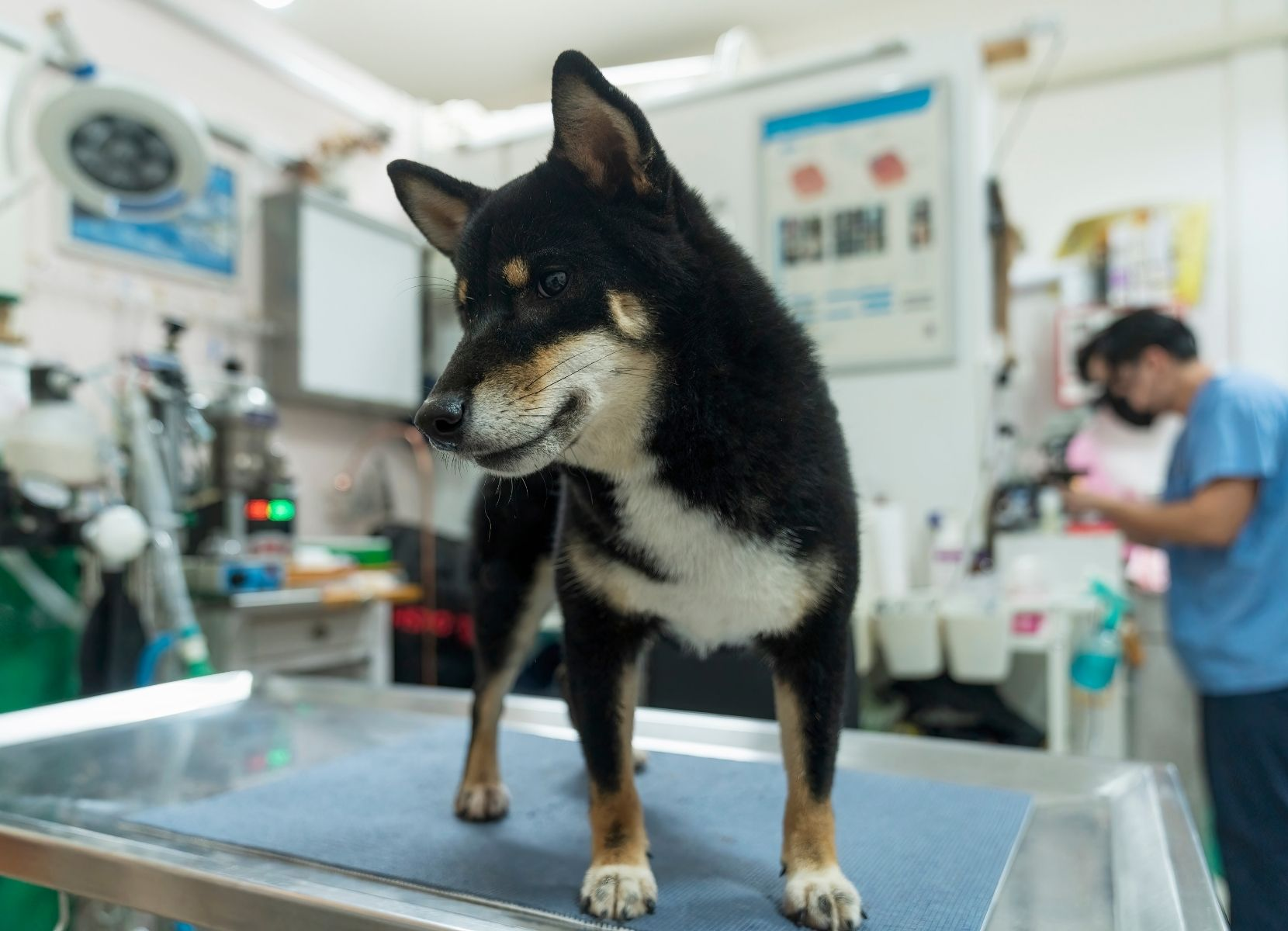
Your dog's health
By recognising health problems in Shiba Inus early you can seek advice and treatment from a veterinarian.
Reduce the risk of health problems by purchasing a puppy from a responsible breeder. Always inspect breeding facilities and breeding dogs, and never buy from a distant online seller.
Health Issues to watch out for:
Allergies
Glaucoma
Hip Dysplasia
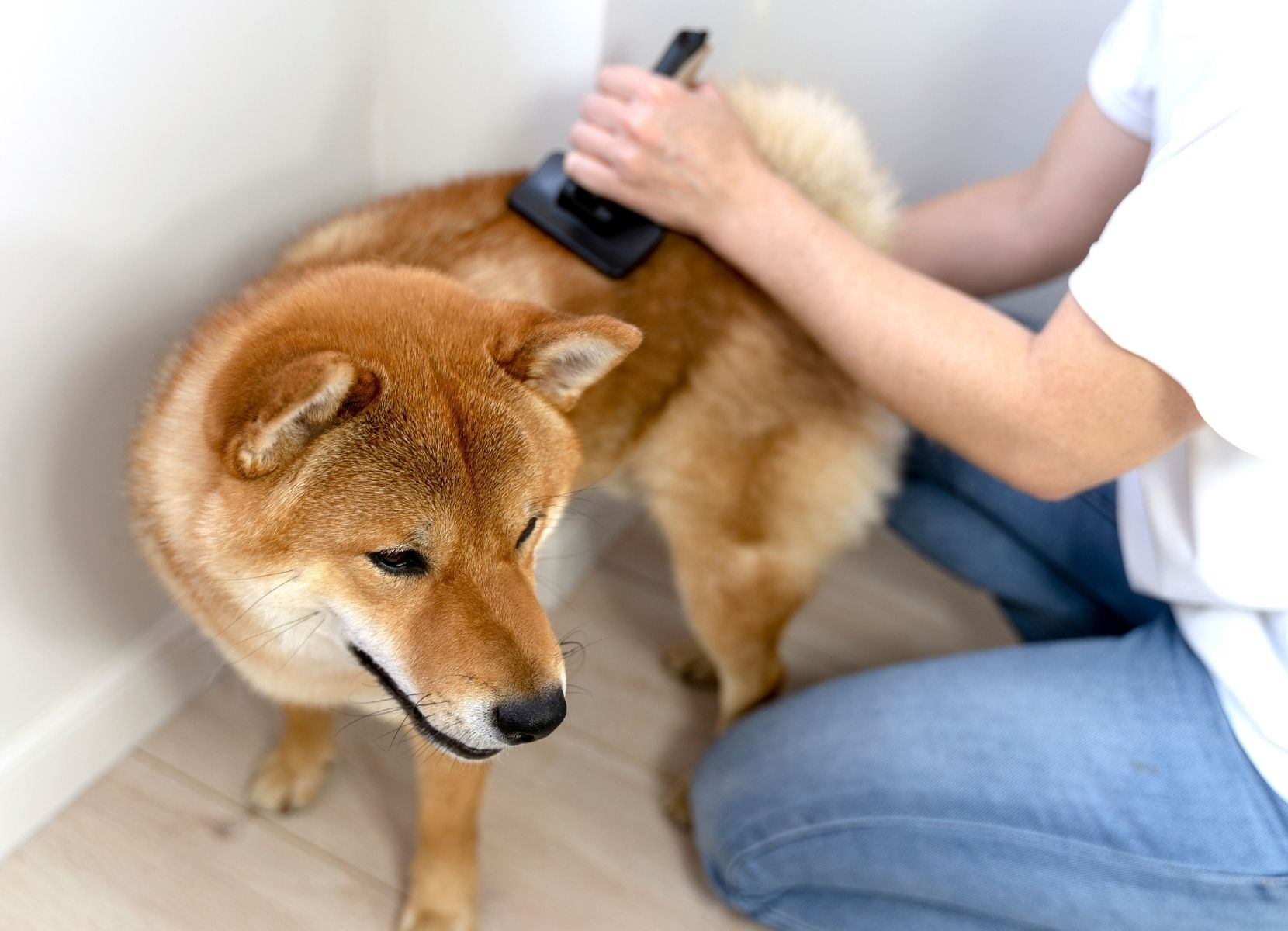
Grooming your dog
Shiba Inus have a short, dense double coat that sheds heavily during seasonal changes. During shedding periods, brushing a few times a week helps remove loose hair.
Outside of shedding season, weekly brushing is usually enough to keep their coat in good condition. They’re naturally clean dogs and don’t need frequent bathing.
Regular nail trims, ear checks, and teeth brushing should be part of their routine. Starting grooming early helps Shibas become more comfortable with handling.
Key characteristics of Shiba Inus
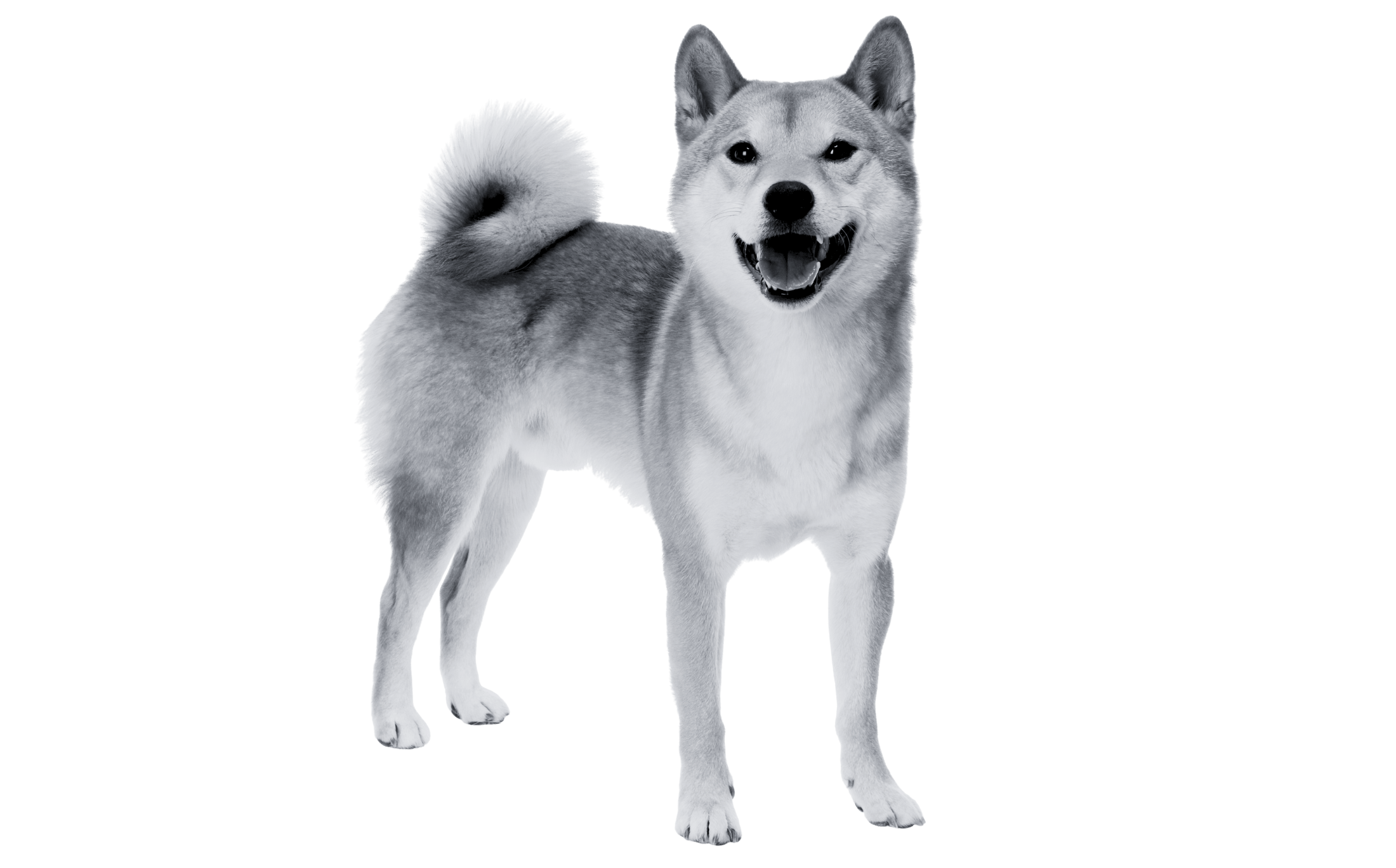
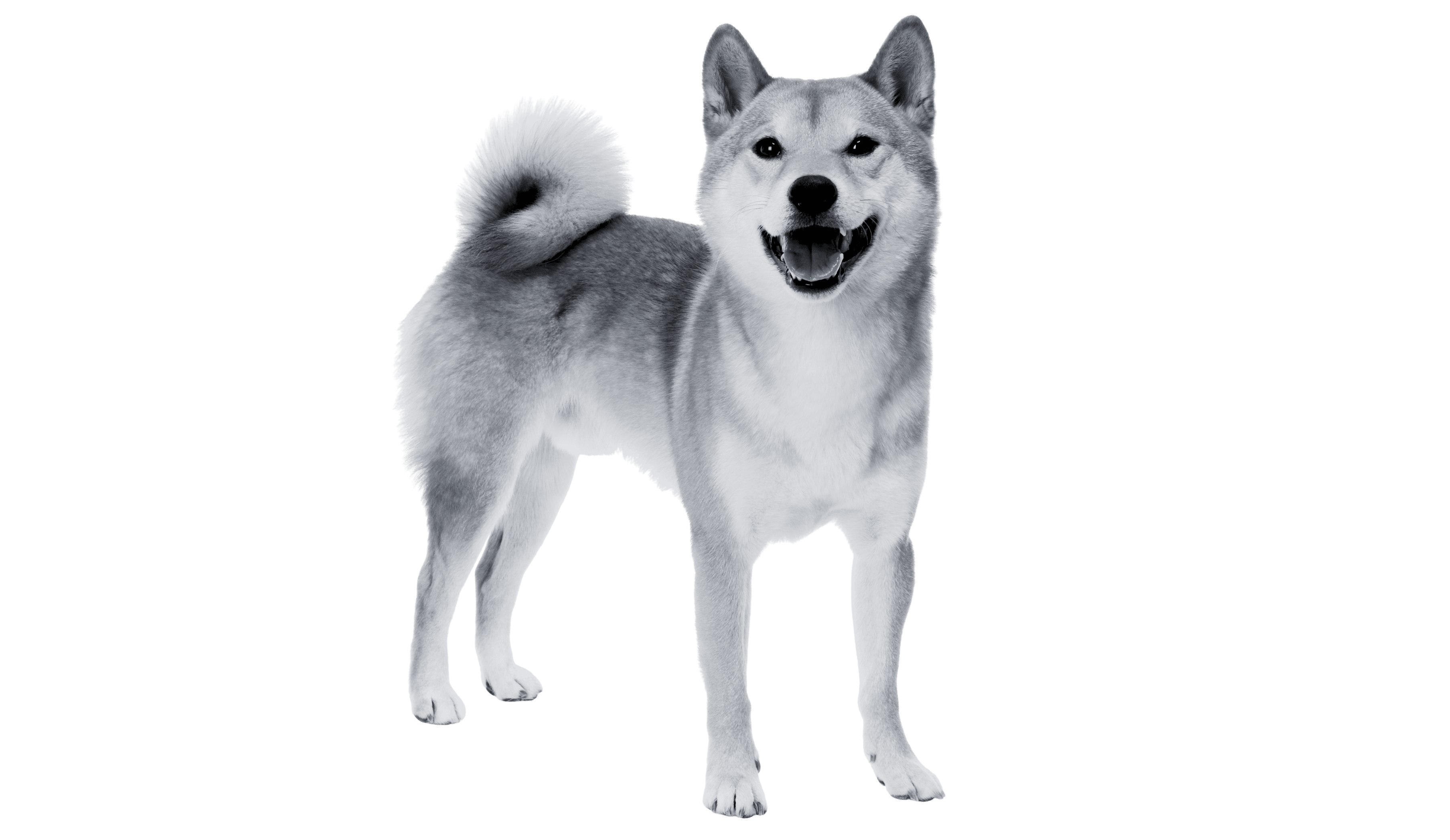
Shiba Inu FAQs
Shiba Inus are known for their bold personality, independence, and unmistakable appearance. These FAQs cover common questions about living with a Shiba Inu, from training to everyday care.
Are Shiba Inus good family dogs?
They can be good companions for experienced owners, but they’re not always suited to families with young children due to their independent nature.
Do Shiba Inus need a lot of exercise?
They have moderate exercise needs and benefit from daily walks and playtime.
Are Shiba Inus easy to train?
Training can be challenging, as they’re intelligent but strong-willed. Consistency and positive reinforcement are key.
Can Shiba Inus be left alone during the day?
They’re relatively independent but still need daily interaction and stimulation to prevent boredom.
Do Shiba Inus get along with other pets?
Early socialisation helps, but their prey drive means care is needed around smaller animals.
This FAQ section highlights everything you need to know about living with a Shiba Inu. With the right training, boundaries, and routine, Shiba Inus can be rewarding companions for owners who appreciate their independent spirit.

